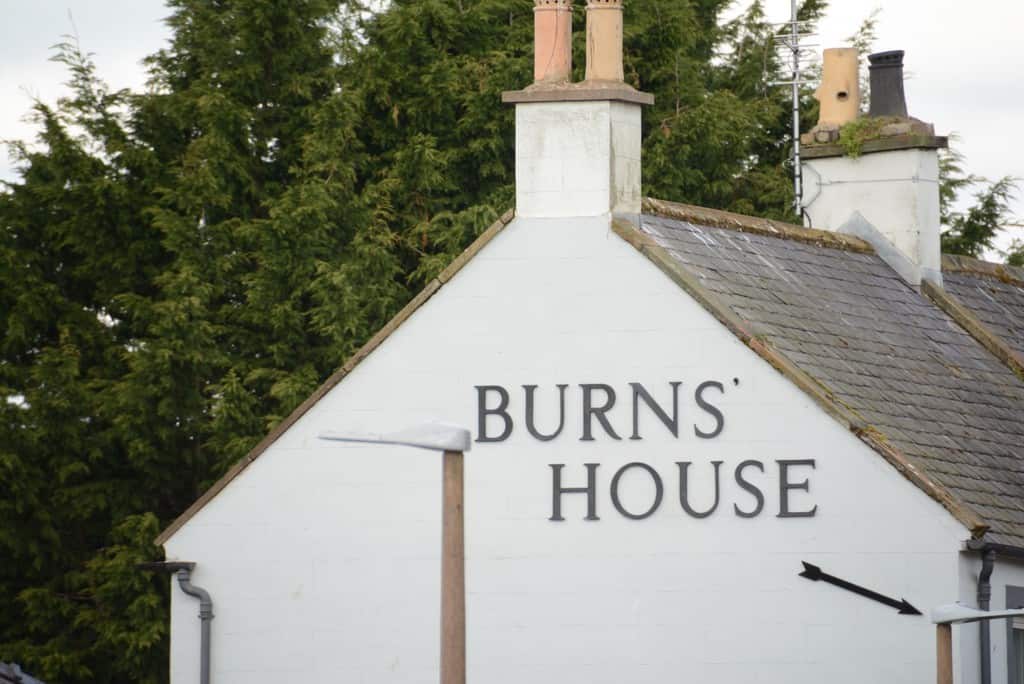MSP Joan McAlpine has welcomed news that The University of Glasgow will carry out an extensive assessment of the economic value of Robert Burns to Scotland.
The announcement came after the south Scotland MSP led a parliamentary debate in January calling on the Scottish Government to fund the research.
Professor Murray Pittock of the Centre for Robert Burns Studies at the University will lead the study – which will assess how much Scotland’s national bard is supporting Scottish business and jobs.
The work will also look at the potential for Burns to further support regional inclusive growth – from hotels and restaurants to food, drink and memorabilia.
Ms McAlpine, who convenes the parliament’s culture committee, commented:
“In January this year I was successful in securing a parliamentary debate calling for more attention to be paid to the value of “Burns the Brand” to the Scottish economy. I am absolutely delighted that the Scottish Government have now commissioned quality research on the subject. Professor Pittock was extremely helpful in supplying material for my debate and I congratulate him and his colleagues on securing this funding.
“In my speech for the debate I reminded parliament that a world bank economist had calculated Robert Burns generated £157 million per annum for Scotland in tourism and merchandising back in 2003. The figure will now be much higher and I am delighted that Glasgow University’s more extensive research project will also look at the global value of Burns to Scotland.
“Cultural tourism has enormous potential to create jobs and prosperity, particularly in rural areas such as the south, which I represent. I believe this research will help attract investment into Burns related destinations in places such as Dumfries & Galloway, where the poet lived and died and produced some of his best work, including Tam o’ Shanter.
“My debate generated a great deal of interest so this research from the Centre for Robert Burns Studies will be eagerly anticipated.”
Professor Pittock added:
“With up to nine million people now attend Burns Suppers every year across the world the global importance of Burns is established. What is important is to know now is the value he brings to the Scotland, and how he can be used to further enhance our economy. I would like to thank Joan for bringing the economic importance of Scotland’s national bard to a wide audience through the Holyrood debate in January which had cross party support.”






